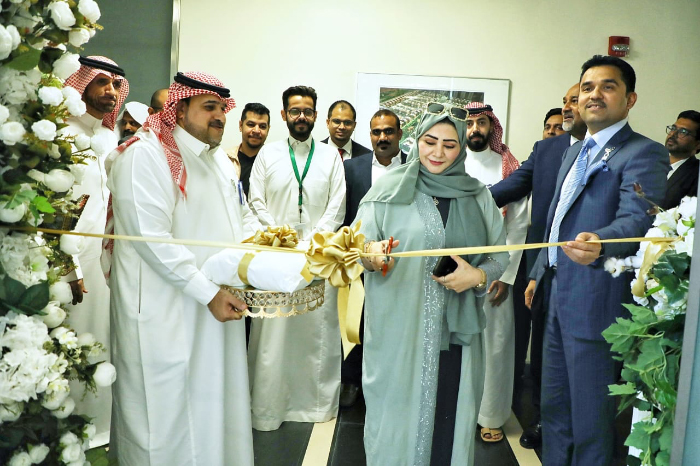Saudi Response Plus Medical (Saudi RPM) – part of Response Plus Holding and one of the largest providers of on-site healthcare management, prehospital care medivac, medical care in events and medical emergency transfers from remote sites in KSA – has inaugurated, today, its specialized ambulance center and medical training center in the Saudi capital, Riyadh.
After three years of entering the Saudi market, Saudi RPM has already started implementing its steady expansion strategy in the Kingdom, with a planned investment in 50 more ambulances in the local health care sector during 2023. The company’s expansion plans in KSA also comprises various strategic projects, including the inauguration of the its specialty medical center with emergency medical services and 24-hour Operational Command Centre (OCC), as well as occupational healthcare services in Dammam before the end of this year.
Commenting the new milestone, Major Tom Louis, CEO of Response Plus Holding said: “Vision 2030 of the visionary leadership of KSA has placed the Kingdom on the path of accelerated growth, pushing all sectors to perform at full gear to achieve well-defined goals, including in the health care sector. With the privatization of government health care services and increasing public-private participation (PPP) health care delivery models, the private sector is gaining grounds in the Kingdom and, we believe we can play a major role in this growth and development. The inauguration of the first specialized ambulance center and medical training center in Riyadh is one of many initiatives we’ve undertaken to demonstrate our commitment to the Kingdom. Our expansion in Saudi Arabia will evolve exponentially from now onwards.”
In fact, Saudi RPM is working towards showcasing Saudi Arabia as a prominent medical tourism destination through its medical tourism vertical, Global Patient Services. With a 70% Saudization rate and many more employment opportunities in 2023 for Saudi nationals, the company shows solid commitment to meeting the increase in the emergency and non-emergency ambulance transfers, as well as to cater to the vast national and international events hosted by the Kingdom, by hiring local talents.
Saudi RPM was one of the first registered private ambulance service to operate in the Kingdom. The company has seen tremendous growth over the last three years and is recognized for the quality of assets and services it brings to all clients, earning the support of various corporates and governmental institutions in KSA. In terms of on-site medical coverage, Saudi RPM is one of the most trusted medical coverage partner of key international events, including: Formula 1 Saudi Arabian Grand Prix, Formula E, Dakar Rally, Saudi Tour, and Soundstorm, among others.
The new Saudi RPM Riyadh facility will be a hub for patient transfers, event medical services, operations and management of medical facilities and occupational medicine. The facility will also include a medical training center that will offer internationally accredited Courses, such as Heart Saver, First Aid, Basic Life Support (BLS) for Health Care Providers, Advanced Cardiovascular Life Support (ACLS) and Pediatric Advanced Life Support (PALS); as well as Emergency Care & Safety Institute (ECSI) training programs on key topics, such as AED, CPR, Standard and Advanced First Aid, Blood Born and Airborne Pathogens, First Responder, and Medical Responder.
Building on the RPM Healthtech Training Center’s successful model, the Saudi RPM Training Center will contribute to upscaling medical manpower in the Kingdom and bridge the existing gap in the market by offering in-house, online, internationally accredited programs.
The Training Center will also enhance existing employee training courses with an emphasis on business, management, technical and language training, while scaling up education and training of the local workforce, and boosting the adoption of digital information systems. Moreover, Saudi RPM’s Training Center will provide accreditation for professional bodies in Saudi Arabia to approve Continuing Professional Development (CPD) hours for learning activities, recognizing self-learning and e-learning as CPD activities, and collaborating with international councils to expand educational opportunities for registered healthcare professionals.


COMMENTS